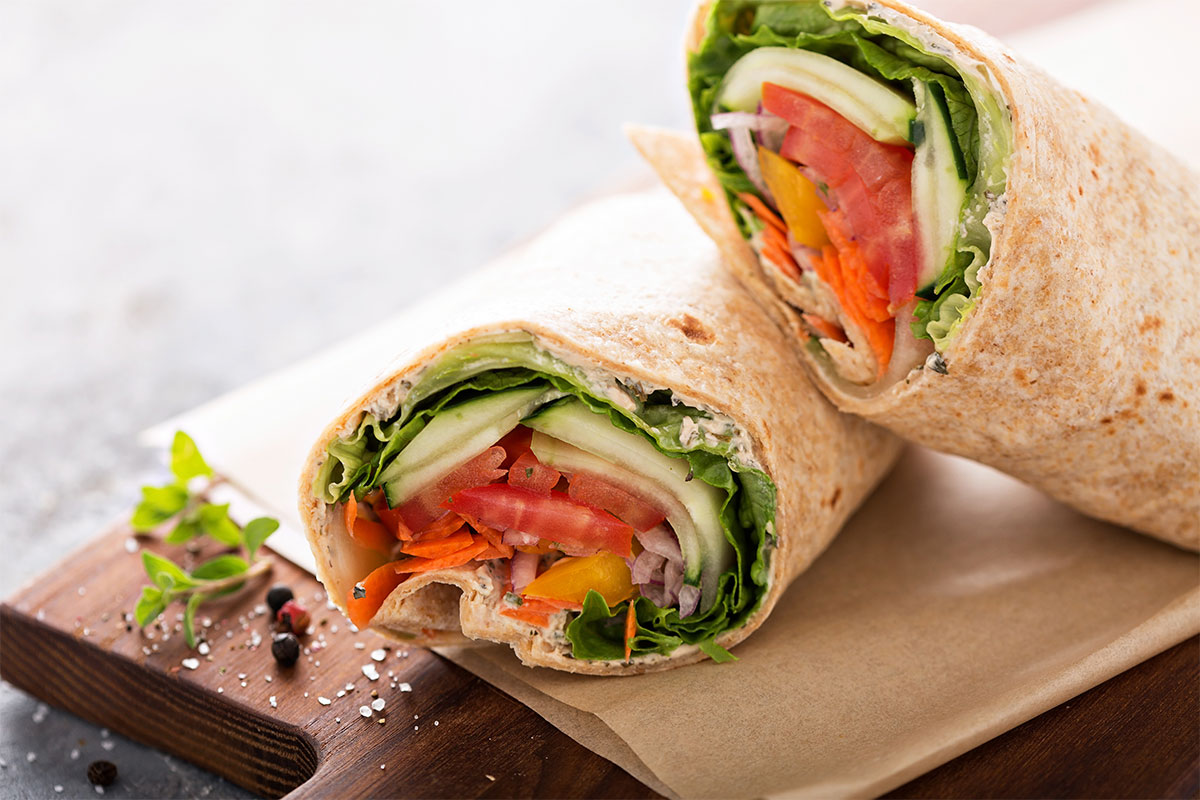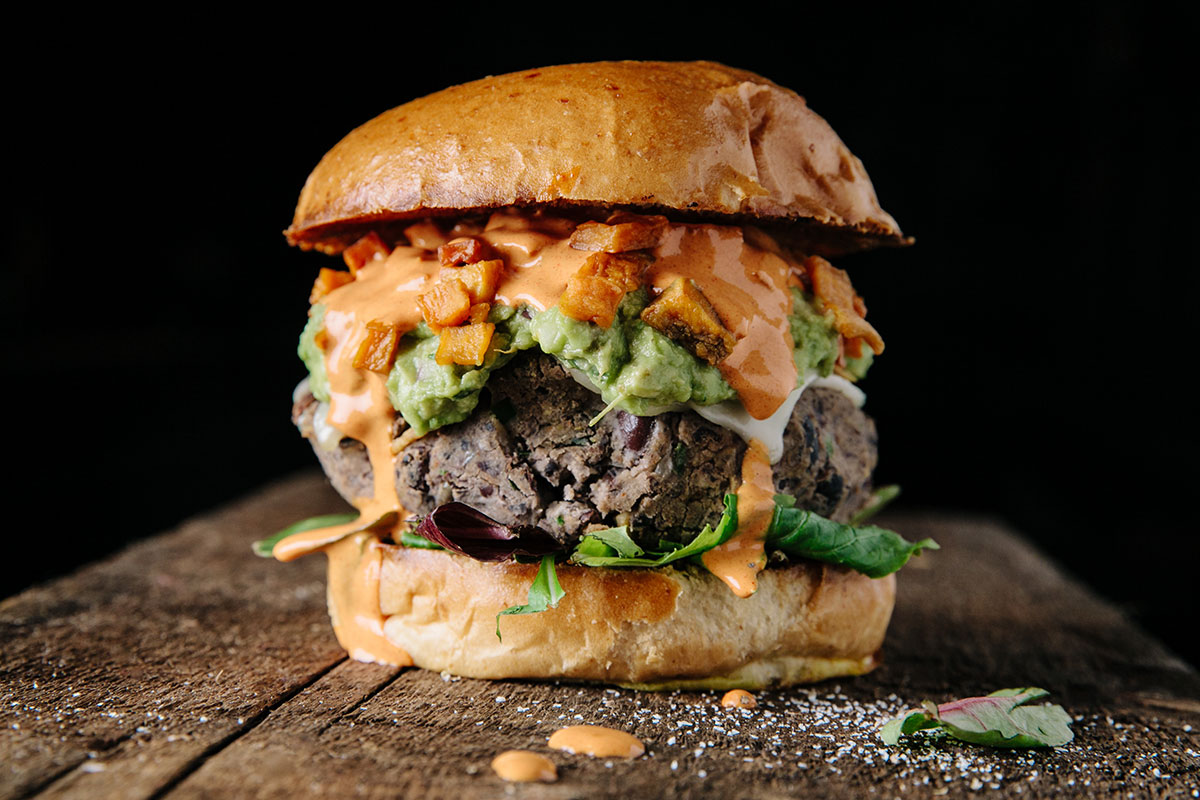Why am I Gaining Weight Despite Diet and Exercise? │ QA
If you’re careful with your nutrition, working out weekly, and still experiencing problems with your weight, take a moment to read this QA.


I’m reaching out to ask for guidance with nutrition. I’m having a very hard time losing weight. I have small kids, so I don’t get enough sleep and I can’t change that, but I’ve been doing a 1,200-calorie diet for 6 months with no results. Can I ask for advice in a very specific diet plan, something that can be written out for me for every meal and snack? I need someone to tell me exactly what to eat. I’ve tried going lower than 1,200 calories to see if weight goes down, but it doesn’t. I do not understand why I’m not losing weight when people around me diet and lose tons of weight in just a few months.
– Melanie

While we can’t give you a specific diet plan, I can offer you some suggestions.
First, it may be that 1,200 calories are too low for you and your body is trying to conserve. Keeping up with little ones burns a lot of energy! Try estimating your calorie needs with an online calculator from a reputable source that includes age, height, weight, gender and activity level.
Second, the quality of what you eat matters more than the caloric value. Choose unprocessed whole grains and produce, lean proteins and dairy, and healthy plant fats for your meals and snacks. Avoid sugary beverages and alcohol.
Also, how and when you eat can affect your body’s response to overall calories. Chew slowly and thoroughly to allow the proper satiety cues to reach your brain. Don’t skip meals or eat late at night.
Last, you can follow an array of sample menus to craft a week’s worth for yourself. Here’s a 1,200 calorie day and 1,500 calorie day to get you started.
Don’t forget to utilize your local LA Fitness club’s Kids Klub for less than the cost of an at-home sitter so you can get in a good workout stress-free.
– Debbie J., MS, RD
This article should not replace any exercise program or restrictions, any dietary supplements or restrictions, or any other medical recommendations from your primary care physician. Before starting any exercise program or diet, make sure it is approved by your doctor.
Some questions have been edited for length and/or clarity.
 Have a nutrition question? Our registered dietitian is ready to help!
Have a nutrition question? Our registered dietitian is ready to help!
Email nutrition@lafitness.com or submit your question below and it may be featured in an upcoming article!
If you’re careful with your nutrition, working out weekly, and still experiencing problems with your weight, take a moment to read this QA.
Blood sugar control isn’t easy. These are Debbie’s top recommendations for how to address weight control with Type II Diabetes.
Does Intermittent Fasting give you enough time to pack the day's protein? Our registered dietitian helps clear up the confusion!


I’m hoping to get dietary advice for fat loss. I’m currently eating a Paleo diet with a smoothie for breakfast and salads with protein and maybe a sweet potato for lunch and dinner with no added sugar and plenty of healthy fats. This type of diet used to yield results for me, but now my weight and body fat percentage seem to stay the same no matter what I do. Any advice is much appreciated.
– Heather C.

When a successful diet approach no longer works, there might be a few possibilities as to why. Depending on how long ago your last attempt was, the age-related effects on metabolism could be slowing things down. You could be close to your ideal body weight range, so your body may be trying to hold onto its fat. It could be that while you’re adhering to the same restrictions, your portions or between-meal snacking have crept up. Also, your activity level and lifestyle may not be as they were when you got results in the past.
A person can still be micronutrient-deficient in areas on any diet1, especially if your day-to-day meal plan is repetitive. One of the pitfalls to a Paleo diet could be iodine deficiency2 which can affect metabolism (via the thyroid gland). To avoid undernutrition, rely on whole foods not packaged Paleo foods, double vegetable intake beyond salad (like calcium sources: kale, spinach, cauliflower, broccoli, collard greens, Brussel sprouts), incorporate eggs and mushrooms for vitamin D, and vary your intake daily.
You may be surprised that when you’re meeting your full nutritional needs with adequate sleep and exercise, your body responds with easier weight loss!
References:
– Debbie J., MS, RD
This article should not replace any exercise program or restrictions, any dietary supplements or restrictions, or any other medical recommendations from your primary care physician. Before starting any exercise program or diet, make sure it is approved by your doctor.
Some questions have been edited for length and/or clarity.
 Have a nutrition question? Our registered dietitian is ready to help!
Have a nutrition question? Our registered dietitian is ready to help!
Email nutrition@lafitness.com or submit your question below and it may be featured in an upcoming article!
If you’re careful with your nutrition, working out weekly, and still experiencing problems with your weight, take a moment to read this QA.
Blood sugar control isn’t easy. These are Debbie’s top recommendations for how to address weight control with Type II Diabetes.
Does Intermittent Fasting give you enough time to pack the day's protein? Our registered dietitian helps clear up the confusion!


I am wondering what you recommend for a diet to lose 10 lbs. in 2 weeks when I work out every day on the elliptical for 1 hr. I know I should do calorie counting, but I was hoping to adjust my diet to eat foods that promote weight loss.
– Lou G.

Calorie counting is a good start IF you know what your estimated energy needs are and how much you were eating before. Of course, you can just choose an arbitrary number or follow generic advice, often a flat 1,500 calories daily. However, that method isn’t an accurate guide as to how much you can lose. Losing 10 pounds in two weeks means you’re sure to decrease lean body mass as well, so I don’t recommend it. The most effective weight loss is fat loss, which doesn’t occur as rapidly as you intend. Keeping off those pounds means changing your lifestyle permanently.
Foods that promote weight loss are rich in micronutrients, low in saturated fat and full of phytochemicals and fiber. Vegetables are perfect! You can work some sort of veggie into every meal and snack. Whole grains (e.g., barley, rye, wheat berries, quinoa) give you sufficient energy for your daily elliptical workout. Lean proteins (e.g., most fish, egg whites, poultry breast, extra lean meats) will support muscle retention as you curb caloric intake. Water is critical for efficient metabolism and to help dampen appetite. Fruits are a great substitute for desserts and work as ready-to-eat snacks pre/post workout. Even something higher calorie like nuts can work into your diet given you control portions – an ounce per serving.
– Debbie J., MS, RD
This article should not replace any exercise program or restrictions, any dietary supplements or restrictions, or any other medical recommendations from your primary care physician. Before starting any exercise program or diet, make sure it is approved by your doctor.
Some questions have been edited for length and/or clarity.
 Have a nutrition question? Our registered dietitian is ready to help!
Have a nutrition question? Our registered dietitian is ready to help!
Email nutrition@lafitness.com or submit your question below and it may be featured in an upcoming article!
If you’re careful with your nutrition, working out weekly, and still experiencing problems with your weight, take a moment to read this QA.
Blood sugar control isn’t easy. These are Debbie’s top recommendations for how to address weight control with Type II Diabetes.
Does Intermittent Fasting give you enough time to pack the day's protein? Our registered dietitian helps clear up the confusion!


How do I build bulk while maintaining high-intensity biking exercise? Can this goal of mine be assisted with better nutrition/eating habits on my part?
– Bowie B.

Building bulk will largely come from resistance training to promote muscle adaptation (growth) to meet a higher workload. Interval sessions are great to boost power and promote weight loss. The two are not mutually exclusive. Speak with a Pro Results® trainer for how to incorporate strength training around your cycling.
Better nutrition can only help! Support your exercise of either type with adequate pre-workout snacks and recovery nutrition. Your goal is to build muscle and preventing any catabolism will contribute to your net positive. Fuel up beforehand with a small snack (e.g. a piece of fruit or handful of crackers) if your meal was recent, and larger snack (e.g. yogurt/granola plus berries, or ½ sandwich) if it’s been a couple of hours since your last meal. Replace depleted energy stores within 30 minutes following an hour-long workout by consuming about 30-50 grams of carbohydrates. Add protein (about 10-20 grams) to prevent breakdown and enhance muscle repair.
Practice good eating habits the rest of your day to keep your metabolism ready for your next cycling or bulk-building workout.
– Debbie J., MS, RD
This article should not replace any exercise program or restrictions, any dietary supplements or restrictions, or any other medical recommendations from your primary care physician. Before starting any exercise program or diet, make sure it is approved by your doctor.
Some questions have been edited for length and/or clarity.
 Have a nutrition question? Our registered dietitian is ready to help!
Have a nutrition question? Our registered dietitian is ready to help!
Email nutrition@lafitness.com or submit your question below and it may be featured in an upcoming article!
If you’re careful with your nutrition, working out weekly, and still experiencing problems with your weight, take a moment to read this QA.
Blood sugar control isn’t easy. These are Debbie’s top recommendations for how to address weight control with Type II Diabetes.
Does Intermittent Fasting give you enough time to pack the day's protein? Our registered dietitian helps clear up the confusion!


I am a high school track sprinter in the 100 and 400-yard dashes and I am trying to get lean for the season, but no one can give me a good answer on what I should eat, and I really don’t know much about dieting can you help me!?
– Nick R.

Hi Nick! As an athlete you know to focus on fueling performance during your competitive season. To lean out ahead of time I would NOT scrimp on calories, as nutrition goes down with less food. Teenagers are still in a growing/maturation period – even if you think you’re at full height. I would encourage you to continue present energy intake and increase exercise to burn fat.
While you keep calories even, make the most impact on your metabolism by replacing any sugary drinks with milk or pure fruit/vegetable juice. Swap whole-grain breads, buns and crackers for any white flour products you consume. Go lean with protein choices and bulk up sandwiches and burgers with avocado or grilled onions/mushrooms. A little fried food here and there is okay when better options aren’t available (we like tempura green beans). For desserts, stick to a fruit or dairy-based treat versus a baked good to satisfy your sweet tooth.
More specific tips can be found at http://www.sportsrd.org/wp-content/uploads/2015/07/Track-and-Field-Sports-Nutrition.pdf
Good luck on the track!
– Debbie J., MS, RD
This article should not replace any exercise program or restrictions, any dietary supplements or restrictions, or any other medical recommendations from your primary care physician. Before starting any exercise program or diet, make sure it is approved by your doctor.
Some questions have been edited for length and/or clarity.
 Have a nutrition question? Our registered dietitian is ready to help!
Have a nutrition question? Our registered dietitian is ready to help!
Email nutrition@lafitness.com or submit your question below and it may be featured in an upcoming article!
If you’re careful with your nutrition, working out weekly, and still experiencing problems with your weight, take a moment to read this QA.
Blood sugar control isn’t easy. These are Debbie’s top recommendations for how to address weight control with Type II Diabetes.
Does Intermittent Fasting give you enough time to pack the day's protein? Our registered dietitian helps clear up the confusion!
Be the first to know about exclusive
content, deals and promotions